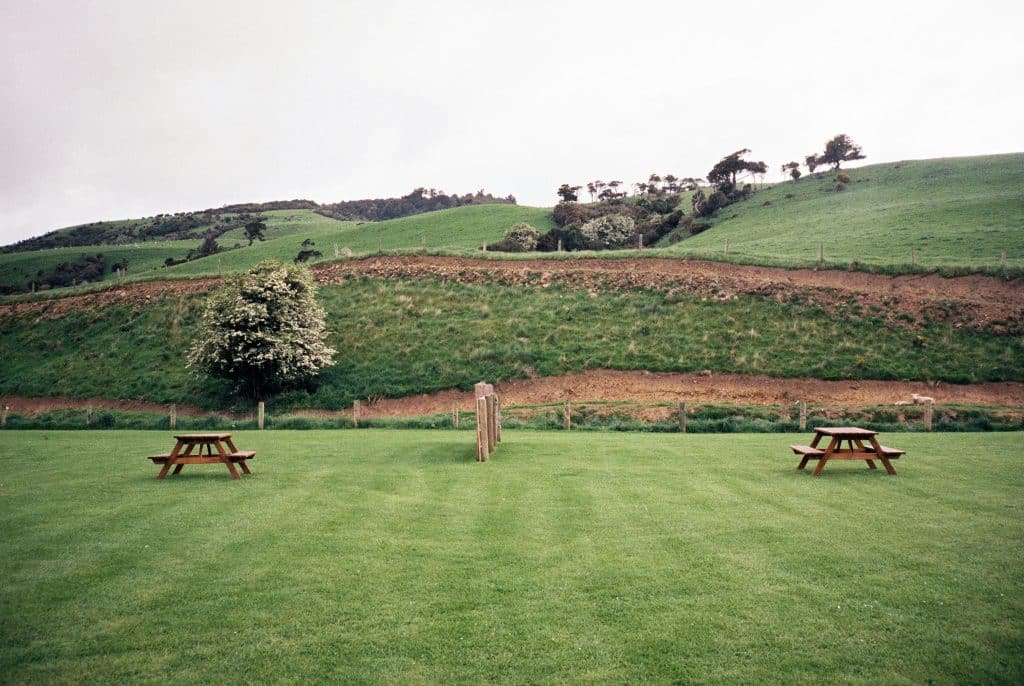In New Zealand, the practice of “freedom camping” has gained popularity, offering over 500 free sites for travelers, ranging from parking lots behind shopping centers to scenic waterfront locations.
This off grid and lower cost way of exploring both the North and South Islands has experienced a surge in popularity, with more tourists opting for motorhome travel to take advantage of the incredible spots New Zealand has to offer.
However, as of December 7, 2023, New Zealand implemented changes to its freedom camping laws, due to ongoing environmental concerns with the way some travellers were treating our whenua. The amendments to the law make it more challenging to engage in this form of travel unless you are in a self-contained vehicle.
To be certified as self-contained, vehicles now must have a plumbed-in or fixed toilet.
All our luxury Roam Motorhomes are fully self-contained and have the correct certification for you to have peace of mind while on the road and be able to enjoy any freedom camping site that you find on your travels.
The changes are being phased in between now and the June 2025. For those planning to rent or buy a van or motorhome for travel in New Zealand, it’s essential to understand the new legislation so you can make sure you do the right thing while on your epic road trip.

Changes to New Zealand’s Freedom Camping Laws:
To spend the night at recognized freedom camping sites, vehicles must be certified as “self-contained.” According to the New Zealand Motor Caravan Association (NZMCA), a self-contained vehicle must meet the ablutionary and sanitary needs of occupants for a minimum of three days without requiring external services or discharging waste.
Previously, it was relatively easy to certify a vehicle as self-contained with a portable toilet, a large bucket of fresh water, and a sealed container for greywater. However, as of December 7, 2023, only vehicles with fixed toilets (which are standard in your Roam Motorhome) will be certified as self-contained. Higher standards for water and ventilation systems are also being enforced, and fines for violating freedom camping regulations by the hirer of any vehicle have increased to up to NZ$2400.
What is the impact on tourists traveling by van or motorhome?
The new law won’t affect Roam Motorhomes customers, but for those planning to explore New Zealand on a budget using a more basic style campervan, freedom camping might no longer be a feasible option. The changes won’t be immediate. so travellers heading to New Zealand before June 2025 may not be affected.
If renting a vehicle:
From December 7, 2024, all rental vehicles certified as self-contained will need a fixed or plumbed-in toilet and a green warrant sticker to be shown. When renting a Roam Motorhome, you can be assured that these conditions are met and your vehicle is fully certified.
After this date, only vehicles with fixed toilets and green warrants will be eligible for freedom camping, unless otherwise stated by local council bylaws. This means that many of the smaller vans will need to stay in paid sites with facilities.
Camping Options in New Zealand:
While some areas may still allow freedom camping without a self-contained vehicle until the new rules kick in, the regulations are ultimately managed by local councils and the Department of Conservation (DOC). Regional attitudes do vary, with some councils actively encouraging responsible freedom camping, providing facilities, while others, like Queenstown Lakes District Council, have already introduced restrictive bylaws due to tourism numbers exceeding the available spaces.
Whether you travel with a small van or a luxury Roam Motorhome, sometimes finding a free spot on your own is what it’s all about. To find free campsites, travellers can use apps like Rankers or CamperMate, filtering for “Free Campground” and carefully reading site descriptions and comments.
Understanding these changes is crucial for travelers seeking off the beaten path camping options in New Zealand, with the ultimate goal of preserving the country’s awe-inspiring landscapes.
